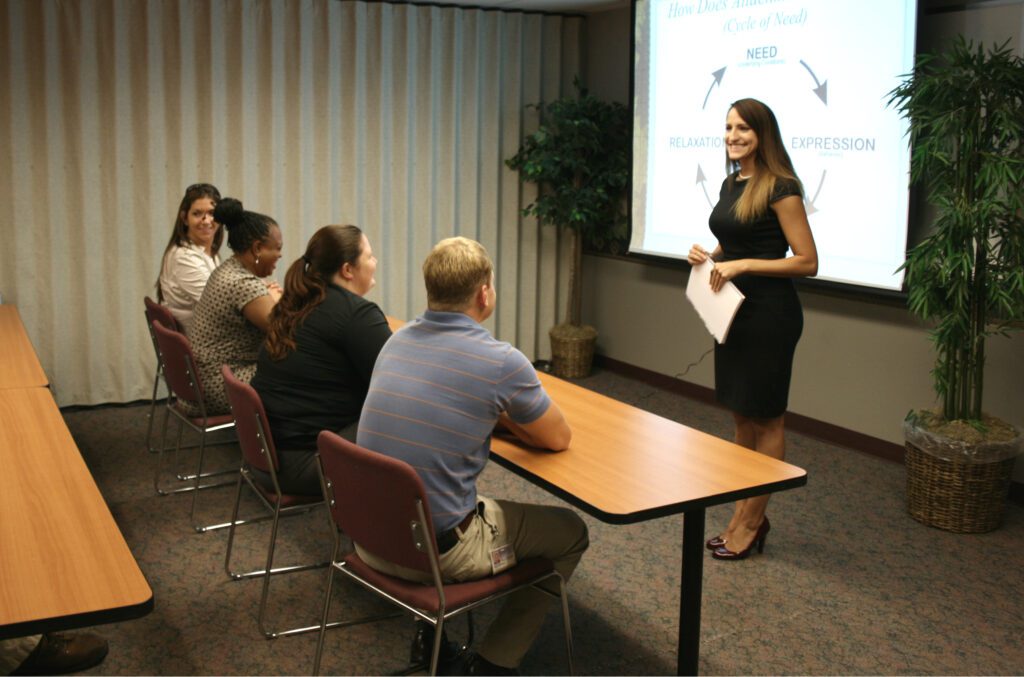Heartland for Children Calls for 80 Additional Foster Homes While Improving Child Protective Services
There is no gift greater than giving one’s time to a child. For 155 local families, that means serving as a foster family to a child in need. Heartland for Children is the lead community based care agency responsible for re-designing the local foster care system in Polk, Highlands, and Hardee Counties. The Heartland for Children team needs help finding 80 additional foster homes to meet the current and projected needs for the community.
Foster parents come from all different backgrounds—some are single, others are married, old and young. The primary requirement is to simply have the ability to love and care for a child in need.
Protecting children is a community effort. The Florida State Department of Children and Families investigates reports of child abuse and partners with Heartland for Children to care for children who must be removed for their own protection. A team of professionals works with the family to resolve and correct issues with the primary goal of reuniting the family.
“Our goal is to do everything possible to bring the family back together,” explains Kimberly Daugherty, chief community relations officer for Heartland for Children. “Removing a child is very traumatic. They are taken from their home, their friends, often their school, and they have done nothing wrong. So, while they are going through the trauma of the situation, they also suffer greater loss from all of these other changes.”
Foster parents provide a loving, temporary placement for the child, and children may need to remain in the home for up to a year, and sometimes longer. Not every situation has a resolution and sometimes children become eligible for adoption because their parents’ rights are terminated. Heartland for Children holds about 150 adoptions each year. Often, children are adopted by a caring relative, or family friend, and sometimes by their foster parents, or a person specifically seeking to adopt.
Foster parent training has improved over the past few years. A new curriculum with advanced training was recently created and implemented at agencies across Florida. Called the Passport to Parenting, foster parents attend an eight-week training course, which is held on evenings and sometimes weekends. They are paired with a foster parent mentor who stays with them through the first year. Foster parents are licensed within 30 days from completing the training. Daugherty says, because of the new curriculum, foster parents feel more prepared, have a stronger support system, and have a stable and committed team in Heartland.
The team at Heartland for Children is always seeking ways to improve and strengthen child protection services. Most recently, they partnered with the University of Florida to create a program called P-Harmony. Using the program, foster parents complete a survey or interest inventory. A form is also completed by or for the children in care. This information is used to help identify the best possible temporary home for the child. The program is new, but Daugherty believes it will be very helpful specifically for moving teenagers from residential group homes to a traditional foster home. She says teenagers in care often express that they want to be in a traditional home.
“Each child comes from a unique situation and has their own special needs,” says Daugherty. “We are seeking foster parents who have the ability to gain an understanding of the child protection process and learn about a trauma. It is important they understand how powerful and important their role is in helping the child recover and move forward.”
How can you help?
Consider becoming a foster parent, and about the need with your community and personal contacts. For more information, call (863) 519-8900, ext. 289, or visit www.heartlandforchildren.org.
CREDITS
story by JO LYNN DEAL
